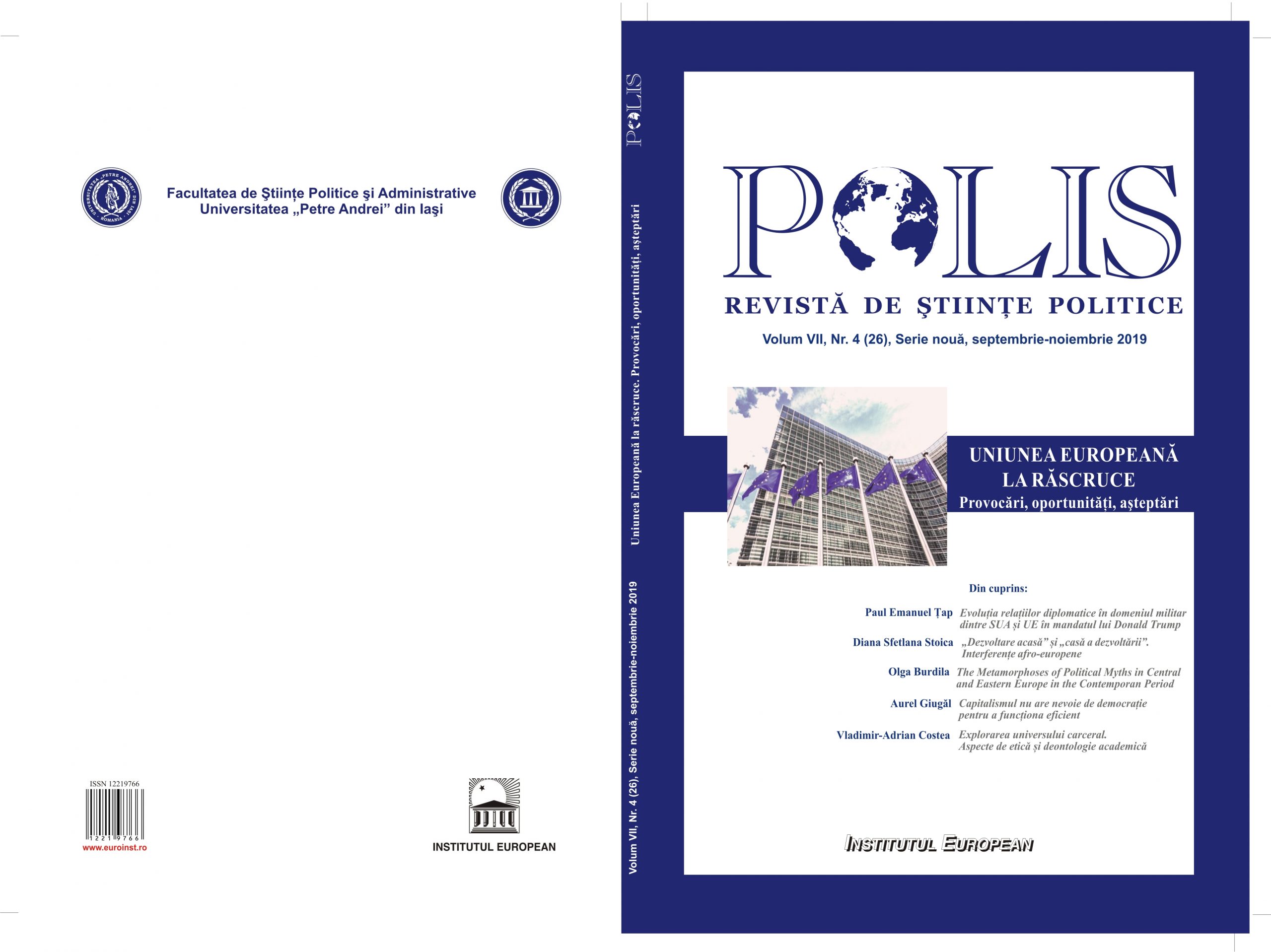L’Europa Sociale di Delors e la querelle con la Thatcher
Delors' social policy and the controversy with the Thatcher
Author(s): SCARCELLI LorenzoSubject(s): Politics / Political Sciences, Politics
Published by: Editura Institutul European
Keywords: Europe; European Union; European Commission; Social Cohesion;Economic and Social Cohesion; Subsidiarity; Solidarity;
Summary/Abstract: Delors will contribute decisively to the relaunch of European construction without ever violating its principles and objectives, such as reducing social inequalities by bringing together different principles and interests. Solidarity and social cohesion are concepts of considerable importance, unlike individual selfishness which, for the French statesman, is a real danger for society. Delors, though sharing the logic that the market is the engine of the economy, highlights the limits precisely because the market is incapable of securing solidarity to those who fail to fit into the rules. Delors, at first, cultivated this vision of aid to the needy, but in the 1990s would criticize that vision by calling it "passive solidarity" and inaugurating the concept of "less passive solidarity" with the aim of pursuing quality assurance Not of charity. Delors, through the notion of "economic and social cohesion", aims to reduce the disparities between the various regions and the lagging behind of the less developed ones. "The "European Model of Society", proposed by Delors, shows affinity with the Welfare State realized by Swedish Social Democracy based on the principles of solidarity, competition and cooperation and provides a balance between individual and society. Consistently with this model, Delors believes that the Single Market should not be restricted to a mere free trade area, so the 1992 objective must be to create a 'economic space' and at the same time a 'European social space'. Jacques Delors, President of the European Commission, was the chief architect in the "Community Charter of Fundamental Social Rights of Workers", which was approved by the European Council in Strasbourg in December 1989 by all Member States with the exception of Minister Thatcher defending The value of national sovereignty against the principle of co-operation between the states, accusing Delors of violating the liberal character of the Treaties of Rome and defining it as a "visionary" because it wants a European super-state. On several occasions, Delors will criticize Minister Thatcher's attitude and liberal logic in European construction.
Journal: Polis. Journal of Political Science
- Issue Year: VII/2019
- Issue No: 4 (26)
- Page Range: 29-45
- Page Count: 17
- Language: Romanian

